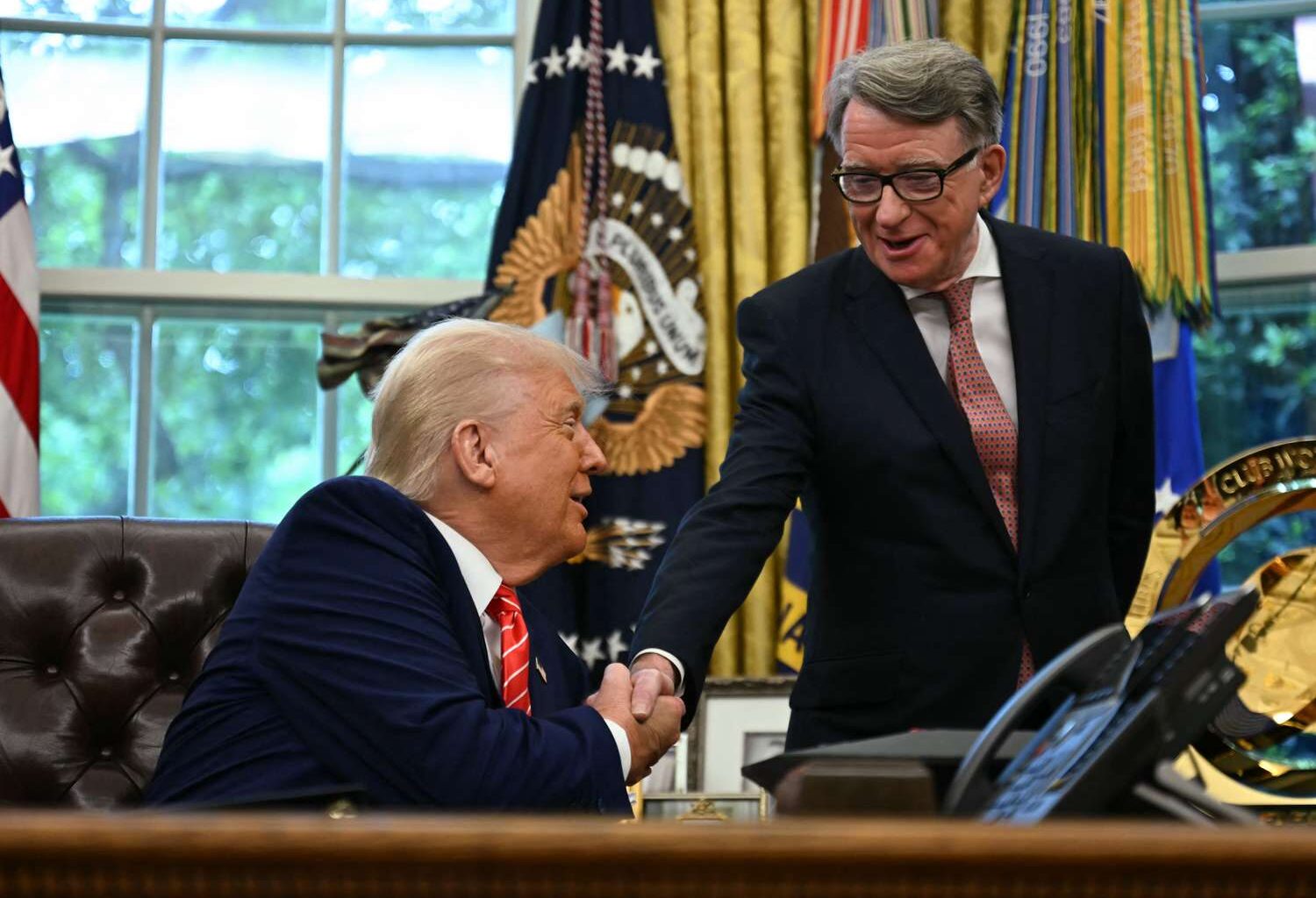President Donald Trump has announced the first steps towards simmering down his global trade war, as the U.S. and U.K. have agreed to remove some trade barriers.
The U.S. will lower its 25% tariff on autos to 10% on the first 100,000 cars Britain sells in the U.S.. In return, the U.K. will open up its markets to U.S. agricultural and industrial products, Trump and Commerce Secretary Howard Lutnick said in a press conference at the Oval Office on Thursday. However, several major trade barriers remain, including the 10% global tariff Trump imposed on most countries in his “Liberation Day” tariffs he launched last month.
The framework, which could set the stage for further free trade agreements between the U.S. and Britain, is the first trade deal struck since April 2, when Trump raised import taxes on goods from most countries. The U.K. got off relatively lightly compared to other trading partners, including China, which faces tariffs of up to 145% on most of its products.
“Today’s agreement with the U.K. is the first in a series of agreements on trade that my administration has been negotiating over the past four weeks,” Trump said. “With this deal, the U.K. joins the United States in affirming that reciprocity and fairness are essential and vital principles of international trade.”
Several major parts of the deal, including tariffs on aluminum and steel, are still being negotiated, the White House said in a fact sheet.
Trump’s stated goal for the tariffs is to reduce the trade deficit with foreign countries, and to encourage manufacturers to build things in the U.S. instead of abroad.
The U.K. is the 11th-largest trading partner in goods, accounting for 2.9% of foreign trade, according to the Census Bureau. The U.S. exports more goods to the U.K. than it brings in, meaning the U.S. has a trade surplus with Britain rather than a deficit. Major British exports to the U.S. include cars, medicine, machinery, and aircraft.
The U.K. has sought a free trade agreement with the U.S. since 2016, when its citizens voted to leave the European Union. Trade negotiations have continued since the first Trump administration.
Although the U.K. is one of the few countries where the U.S. has a trade surplus, it still imposes some restrictions on U.S. products. For example, the country charges a 2% digital services tax that hits U.S. tech giants like Google and Facebook.
